Dog dental care is essential for maintaining your pet’s overall well-being and significantly impacts their quality of life. Dental disease, such as periodontal disease, is common among dogs due to plaque accumulation and bacterial invasion. By age 3, up to 80% of dogs are affected by dental disease. Regular dental care helps prevent complications like infection, tooth loss, and damage to vital organs, ensuring your dog remains healthy and happy.
Veterinary dental care services include oral exams, dental cleanings, and treatment of diseased teeth. Anesthesia is used during dental procedures to perform dental X-rays, exams, and cleaning both above and below the gumline. Dental cleanings help remove plaque and tartar, identify issues, and provide necessary treatments. Tailored dental care plans consider factors like breed predisposition to dental issues and your dog’s specific needs.
Your Pet’s Health and Happiness Begin Here
Service FAQ
Why is dog dental care important?
Dog dental care is important because it helps maintain your pet’s overall well-being and prevents complications like infection, tooth loss, and damage to vital organs. Regular dental care is essential to keep your dog healthy and happy.
How often should my dog have a dental check-up?
A dental evaluation for your dog is recommended at least once a year to detect and address dental issues early on.
Can I do anything at home to maintain my dog's dental health?
Yes, daily toothbrushing is the best method of teeth care at home. Other oral hygiene products, such as dental chews, treats, additives, and oral rinses, can also be recommended by your veterinarian.
What are the signs of dental disease in dogs?
Signs of dental disease in dogs include bad breath, swollen gums, tooth discoloration, tooth loss, difficulty eating, irritability, reduced activity, pawing at the mouth, and excessive drooling.
What does a professional dental cleaning for dogs involve?
A professional dental cleaning for dogs involves a thorough oral examination, dental X-rays, scaling (removal of plaque and tartar), polishing, and any necessary treatments such as tooth extractions.
How do I know if my dog needs a dental cleaning?
Your veterinarian will assess your dog’s dental health during routine visits and may recommend a dental cleaning if necessary. Signs of dental issues, such as bad breath, tartar accumulation, or changes in eating habits, could indicate the need for a dental cleaning.
